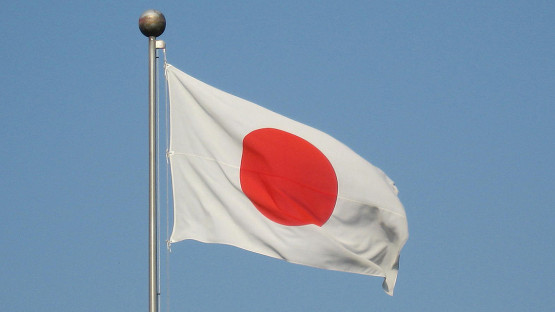Vienna, Austria

The International Atomic Energy Agency (IAEA) Task Force assessing the safety of Japan’s planned discharge of treated water from the Fukushima Daiichi Nuclear Power Station issued its latest report today.
The report – fifth in the series to be released under the IAEA’s multi-year safety review of the proposed Advanced Liquid Processing System (ALPS) treated water discharge – is focused on Japan’s domestic regulatory review of the water release. It covers the observations of the Task Force mission to assess Japan’s Nuclear Regulation Authority (NRA) activities related to the discharge in Tokyo from 16 to 20 January 2023.
Japan’s planned discharge of the water, scheduled for this year, is subject to final regulatory approval from NRA.
IAEA Director General Rafael Mariano Grossi appointed the Task Force of independent experts and IAEA staff to review the safety of Japan’s plan for the water stored at the Fukushima Daiichi plant against international safety standards. The standards constitute the worldwide reference for protecting the public and the environment from harmful effects of ionizing radiation.
The review of regulatory aspects is one component of the international Task Force’s three-pronged review, the other two being the review of technical aspects and conducting independent sampling and analysis.
The Task Force noted a number of key outcomes from the January mission, such as:The NRA agreed to require Japan’s Tokyo Electric Power Company (TEPCO) to review optimisation of protection for the discharge of ALPS treated water based on operational experience and associated monitoring following the start of the discharges. The NRA further agreed to establish a framework for revisiting discharge limits, operating limits, and conditions to reflect the optimization of protection, in a similar manner, if needed.
The Task Force acknowledged that the NRA has conducted a review to determine that sufficient evidence exists that the source term contains all the radiologically significant radionuclides and that it does not exclude, in the assessment, any radionuclides that could be significant contributors to the dose to the public or to flora and fauna.
That NRA’s approach to enforce controls on the occupational exposure of TEPCO’s employees is sufficient for compliance with international safety standards.
The Task Force acknowledged that the NRA has focused on involving the public in the regulatory review process. The Task Force will continue to review how public consultations and the involvement of interested parties are handled by the NRA as the regulatory process continues.
“The Task Force has seen that the NRA serves as the independent regulatory body within Japan and holds the responsibility for assessing the safety of the proposed discharge of ALPS treated water,” said Gustavo Caruso, Director, IAEA Department of Nuclear Safety and Security, and Chair of the Task Force. “However, we will continue to review how the NRA conducts its regulatory process leading up to, and after, the proposed discharges of treated water.”
The Task Force’s safety review continues. One more report will be issued on independent sampling and analysis aspects, before the final comprehensive report detailing the collected findings and conclusions of the Task Force is issued. Japan intends to start discharging the ALPS treated water in 2023, pending TEPCO’s completion of necessary domestic regulatory actions.
The report is available here.
Additional information such as frequently asked questions and a timeline of activities can be found on the IAEA’s dedicated Fukushima Daiichi ALPS Treated Water Discharge webpage.
No comments:
Post a Comment